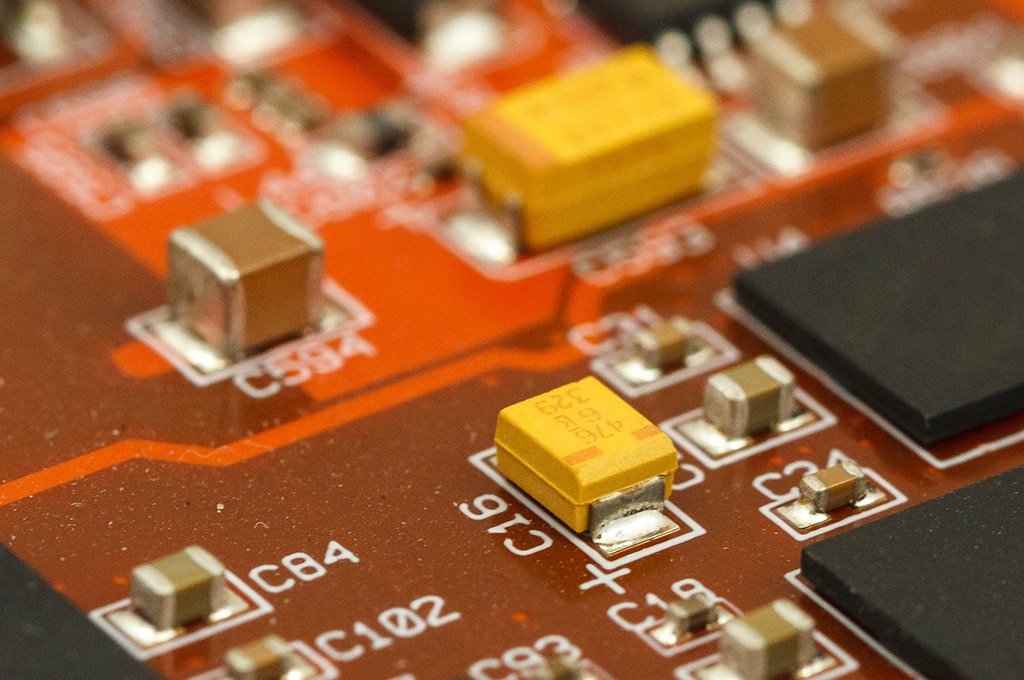Capacitors are fundamental components in various electronic devices, from smartphones to power grids. They play a crucial role in storing and releasing electrical energy efficiently. Have you ever wondered why capacitors are so effective at storing energy? In this article, we will delve into the intricate workings of capacitors and explore the science behind their energy storage capabilities.
- Understanding Capacitors:
To comprehend why capacitors store energy, we must first understand their basic structure and principles. A capacitor consists of two conductive plates separated by an insulating material known as a dielectric. When a voltage is applied across the plates, an electric field is established within the dielectric, causing the accumulation of electric charges on each plate. - Energy Storage Mechanism:
The energy storage mechanism of capacitors lies in the electric field created between the plates. As charges accumulate on the plates, an electric potential difference, or voltage, is established. This potential difference represents the stored energy within the capacitor. The higher the voltage, the greater the energy stored. - Dielectric Properties:
The dielectric material used in capacitors plays a crucial role in determining their energy storage capabilities. Different dielectrics possess varying electrical properties, such as permittivity and breakdown voltage. These properties affect the capacitance, which is a measure of a capacitor's ability to store charge. Dielectrics with higher permittivity allow for greater charge accumulation and, consequently, higher energy storage capacity. - Charging and Discharging:
Capacitors store energy by charging and discharging cycles. When a voltage is applied, the capacitor charges as electrons accumulate on one plate and an equal number of electrons are repelled from the other plate. During discharge, the stored energy is released as the electrons flow back to their original positions. This charging and discharging process occurs rapidly, making capacitors ideal for applications requiring quick bursts of energy. - Applications and Benefits:
Capacitors find applications in a wide range of industries due to their energy storage capabilities. They are used in power electronics to improve power factor correction, voltage regulation, and energy efficiency. Capacitors also play a vital role in electronic circuits, smoothing out voltage fluctuations and providing energy during peak demand. Additionally, they are crucial components in renewable energy systems, helping to store excess energy generated by solar panels or wind turbines.
Conclusion:
Capacitors are remarkable devices that store electrical energy efficiently. Through the establishment of an electric field within a dielectric material, they accumulate charges and store energy in the form of voltage. Understanding the science behind capacitors' energy storage capabilities enables us to harness their potential in various industries, contributing to advancements in technology and energy efficiency.



